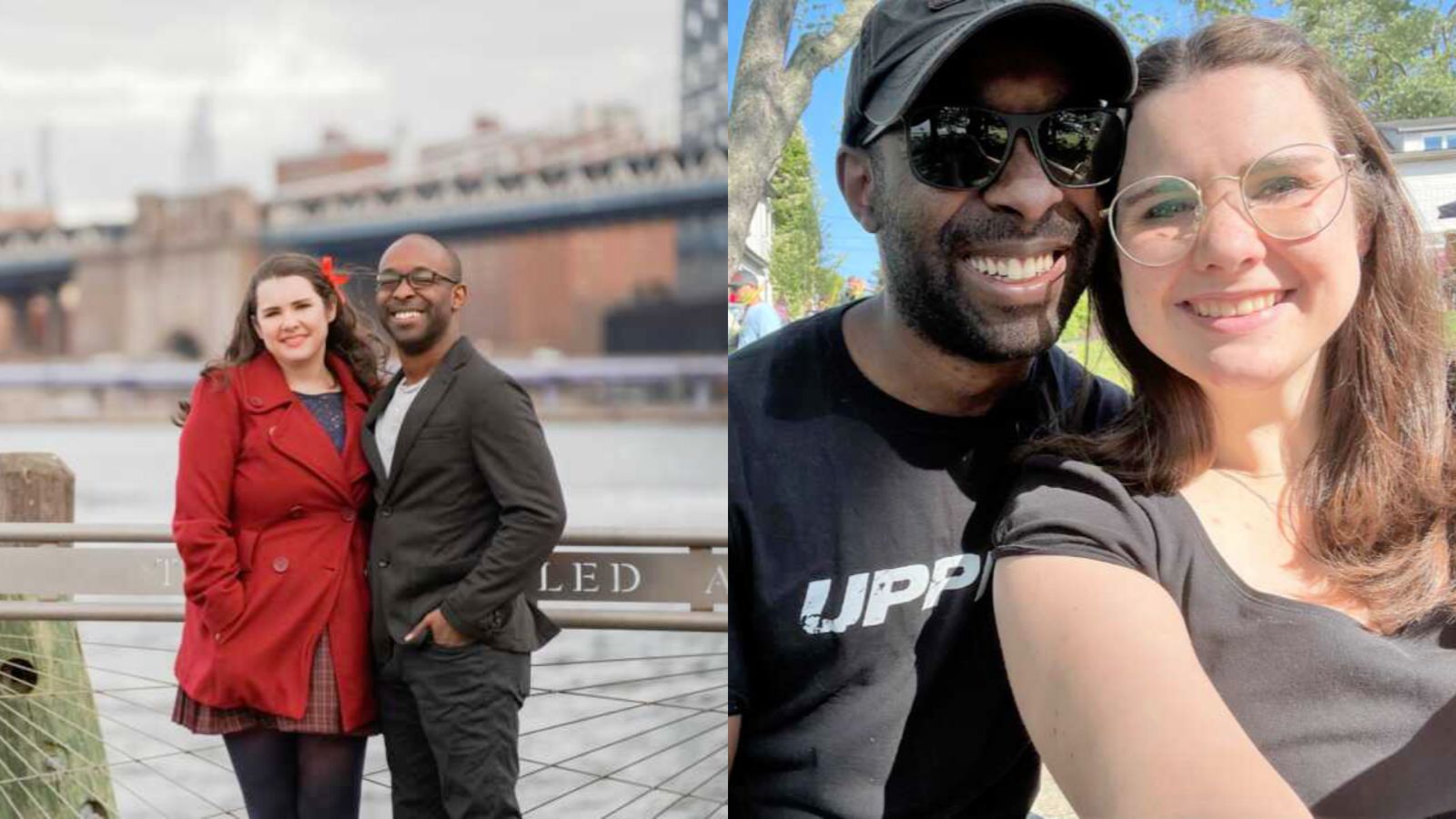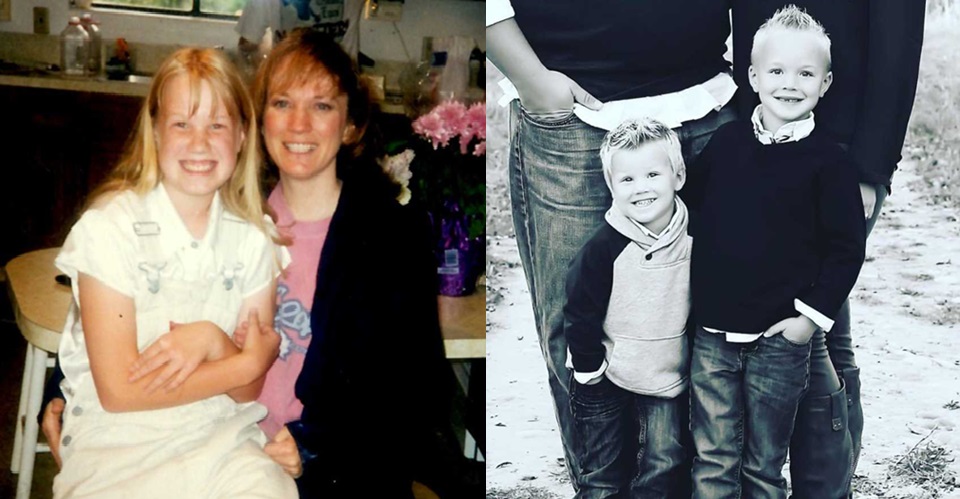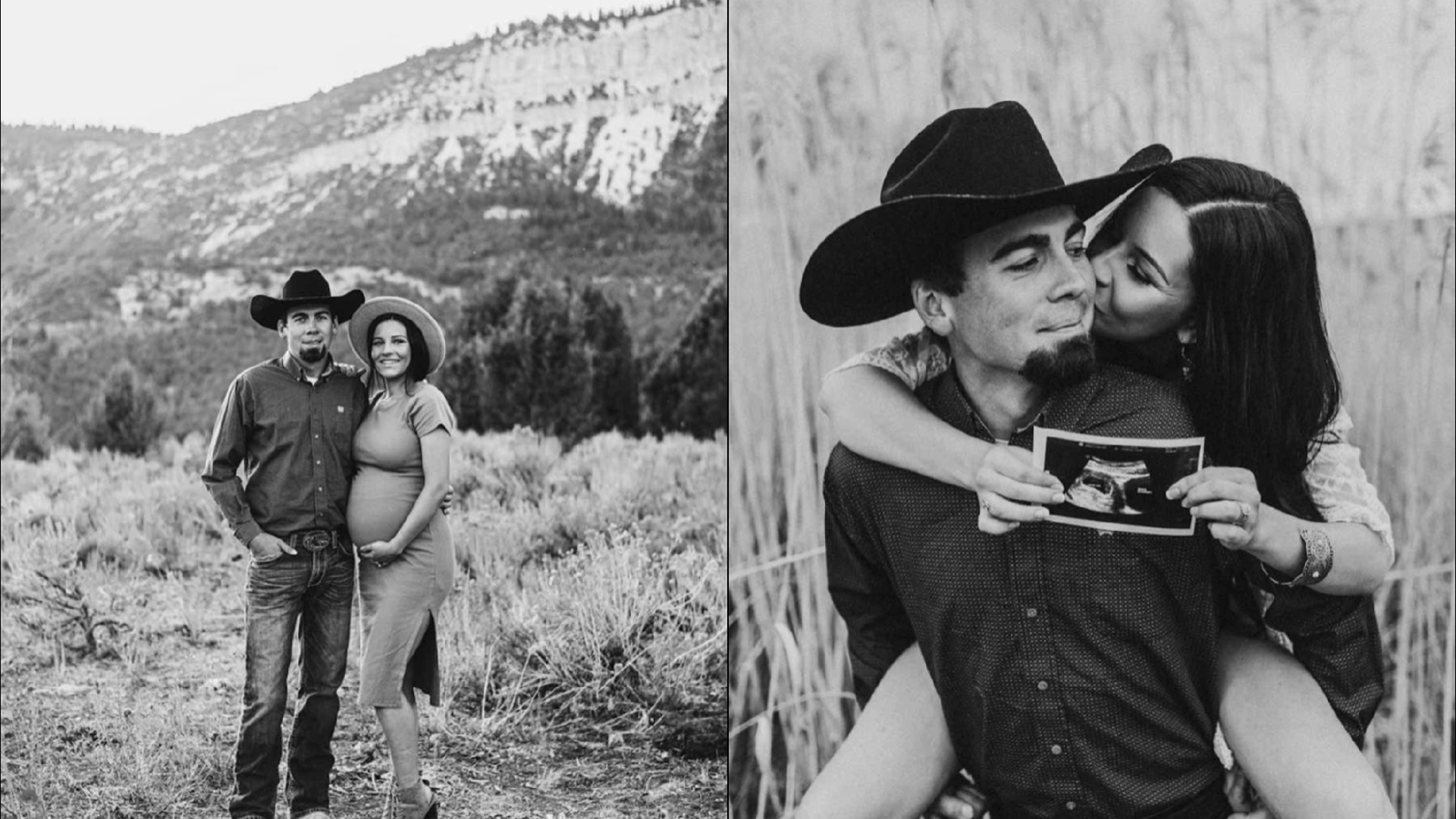If someone had told me ten years ago that I would be sharing my story about pregnancy, I would have laughed. I had always been a late bloomer when it came to relationships and intimacy. By the time I was 28, I was only in my second serious relationship with my boyfriend, Cameron. From the start, we agreed that children weren’t for us. Both of us struggled with our mental health, and we didn’t feel we could give a child the life and support they deserved.

To make sure we stayed childfree, I got a copper IUD in 2016 after reacting badly to birth control pills. The IUD gave me peace of mind, and Cameron and I were still extra careful, often using spermicide as well. We never made a mistake, yet in early 2018 I found myself staring at a positive pregnancy test. My heart sank. There was never a question about what to do, we both agreed abortion was the right choice.

Even though I lived in New York City, it took two weeks to get an appointment. Those two weeks felt endless. I suffer from tokophobia, a deep fear of pregnancy, so every moment felt unbearable. I couldn’t stop thinking about what was happening inside me, and it sent my anxiety through the roof. The night before my appointment, I barely slept. I just wanted my body to feel like mine again.

Cameron and my best friend Kara came with me to Planned Parenthood in White Plains. We planned to get donuts and pet puppies afterward as a way to cheer me up. But that day didn’t go as planned. During my ultrasound, the technician suddenly went quiet. When I asked how far along I was, she told me the doctor would explain. That’s when I learned my pregnancy was ectopic, the embryo had implanted in my fallopian tube, and it had already ruptured. I was bleeding internally and needed emergency surgery right away.
I had no idea at the time what an ectopic pregnancy was. Later, I learned that it’s when a fertilized egg implants outside the uterus, often in the fallopian tube. These pregnancies can never result in a baby, and if not caught early, they become life-threatening. Mine was already advanced, and my left tube was destroyed.

Surprisingly, I wasn’t afraid as I waited for surgery. I just felt calm and clear-headed. But I knew one thing for certain: I never wanted to go through this again. I asked the surgeon to remove both tubes while they were operating, but she refused, saying I was too young and might change my mind. At 28, I was apparently too young to choose not to have children, even though many of my peers already had kids of their own.
The surgery went fine, and I went home later that night, exhausted but alive. I later discovered that no one could find my IUD, not even in the ultrasounds or during surgery. It may have slipped out without me noticing, or it could be somewhere else in my body. Either way, it had failed me.

A year later, the thought of pregnancy still terrified me. Having already lost one tube, my risk of another ectopic was much higher. Cameron and I started seriously discussing permanent birth control. I began researching sterilization and decided that removing my remaining tube, a salpingectomy was the best choice for me.

Finding a doctor who agreed was another battle. Even when I turned 30, I was still told I was “too young” or that I would regret it later. Some doctors dismissed my requests outright. It was discouraging, but I didn’t give up. I prepared essays, gathered letters of support from Cameron, my mom, and my therapist, and carried a binder full of research to appointments.

Finally, in 2021, I met a doctor at Weill-Cornell who listened. She asked about my history, nodded as I explained my reasons, and then simply said, “Do you want to sign the papers now?” Relief washed over me. The surgery went smoothly, and I finally felt in control of my own body.

Sharing my story online brought mixed reactions. Some people supported me and said I had given them courage to make their own choices. Others sent cruel, hateful messages, accusing me of being selfish or unnatural. But I learned not to let their words weigh me down. For every negative comment, there was someone who thanked me for helping them see that being childfree is a valid path.

A friend once told me, “I love my kids, but I wish I had known I had a choice.” That’s what this is all about choice. Motherhood can be beautiful, but it should never be something you’re pushed into. Being childfree is simply another way to live a full, meaningful life. In the end, all I want is for people to know they deserve to make decisions about their own bodies. For me, that decision was to remain childfree. For others, it might be the opposite. Either way, the choice belongs to us.











